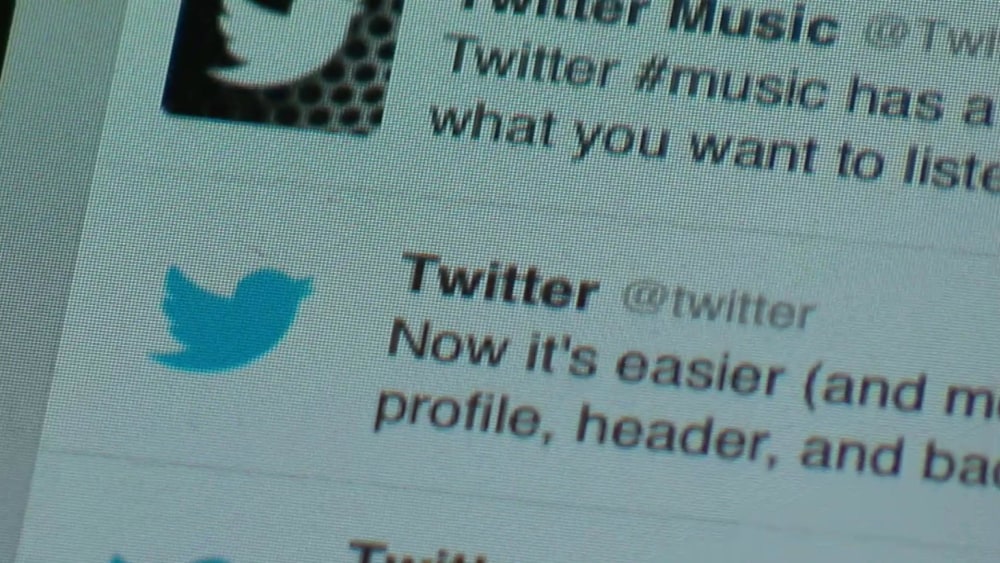By Pete Williams
NBC Nws
Twitter this week added fact-check warnings to two of Trump's tweets that called mail-in ballots "substantially fraudulent" and predicted a "Rigged Election." In response, the president threatened to impose new regulations on social media companies or even to "close them down."
The executive order, signed Thursday, would direct several parts of the federal government to examine the conduct of internet companies with an eye toward further restrictions. But any such move would accomplish very little under a law passed at the dawn of the internet age and because an executive order cannot change the law.

In 1996, Congress said websites cannot be held legally responsible for the content posted by their users. That's true whether internet companies simply automatically pass along whatever is submitted or screen it beforehand.
The law also protects a website's efforts to remove content that's obscene or violent or otherwise violates its terms of service. Congress especially wanted to prevent the posting of child pornography.
Trump's order, however, said the companies lose that legal protection if they restrict the views that can be expressed on their websites. Online platforms "are engaging in selective censorship that is hurting our national discourse," the order says.
But legal experts said that's not how the law works.
"Twitter, Facebook and the like are immune as platforms regardless of whether they edit, including in a politicized way," said Eugene Volokh, a conservative legal scholar at UCLA. "Like it or not, this was a deliberate decision by Congress."
Some might prefer a different model, in which websites that restrict a user's speech become liable for the speech they allow. "But Congress rejected this model," Volokh said.
That's been the settled law for a quarter-century , according to Eric Goldman, who teaches internet law at Santa Clara University.
"The whole point of the law was to give internet companies the power to decide what they thought was fit for their audience," he said. "It was intended to encourage and protect editorial discretion, not to eliminate it."
While the executive order directs the Federal Communications Commission to consider imposing new rules, Goldman said, "the FCC has no authority over this, because Congress hasn't delegated that authority."
"The FCC's opinion doesn't count," he said.
The order said Twitter's actions threaten free expression, adding, "We cannot allow a limited number of online platforms to hand pick the speech that Americans may access and convey on the internet."
But Marc Rasch, an expert on internet law at Kohrman, Jackson and Krantz, said websites are private entities and are not the same as the public square. They can restrict content just as shopping malls can keep out protesters, he added.
Websites are legally responsible for the content their own employees generate. "They are liable for what they say themselves, but that's pretty much it," Rasch said.
Even so, the website's own comments are protected by the Constitution.
"The First Amendment protects those words that Twitter added. It means Twitter can say that there are additional facts that readers should consider," Goldman said.
Jonathan Turley, a legal expert at George Washington University, said Twitter's decision to append comments to the president's tweets is what many of his followers fear.
"People sign up for updates from Trump, not Twitter, but the company decided to force his 80 million followers to hear its own position on this issue," Turley said, conceding that the president's order directing the government to seek restrictions is destined to fail.